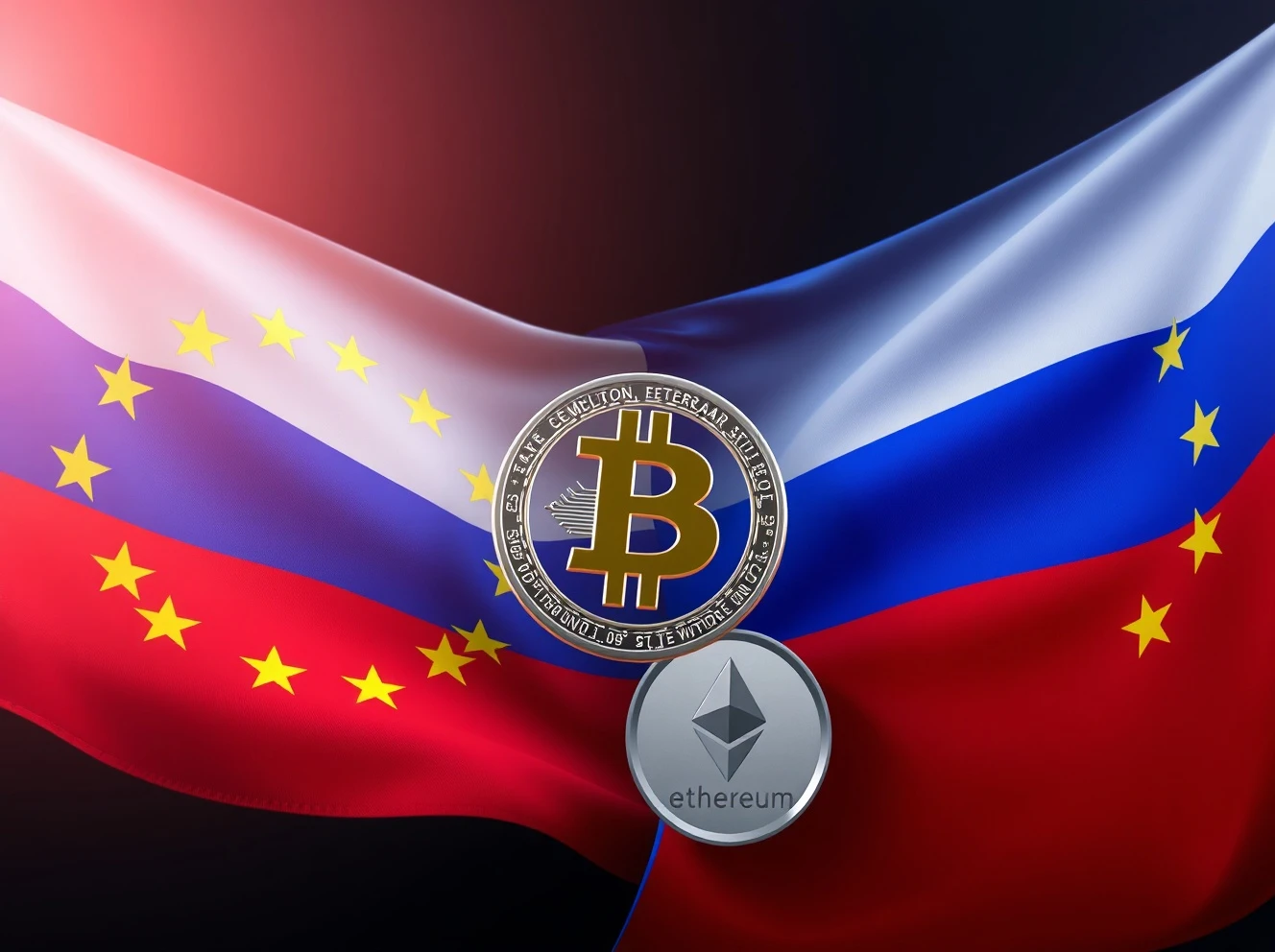The European Union has launched a groundbreaking offensive in the Ukraine conflict, targeting cryptocurrency platforms with unprecedented sanctions that could reshape global financial warfare. This strategic move marks the first time Brussels directly addresses digital assets in its economic measures against Moscow, signaling a major shift in how nations approach economic pressure in the digital age.
EU Implements Unprecedented Crypto Sanctions Framework
European Commission President Ursula von der Leyen announced the 19th sanctions package on September 19, explicitly targeting cryptocurrency platforms for the first time. Consequently, the measures include a complete ban on crypto transactions for Russian residents, regardless of the platform used. Additionally, the package restricts foreign banks supporting Russian alternative payment systems and prohibits transactions with entities in Russia’s special economic zones.
Russia’s Crypto Evasion Tactics Exposed
Recent investigations reveal Moscow’s sophisticated use of digital assets to circumvent existing financial restrictions. Russian oil companies reportedly conducted Bitcoin and Tether transactions worth tens of millions monthly. Moreover, the US Department of Justice indicted a Russian national for laundering over $540 million through companies serving sanctioned entities. These crypto sanctions aim to close these digital loopholes effectively.
Ukraine’s Strategic Crypto Response
While Russia faces restrictions, Ukraine embraces cryptocurrency as a resilience tool. Kiev is developing a national bitcoin reserve, with draft legislation in final stages. MP Yaroslav Zhelezniak confirmed this initiative at the Crypto 2025 conference, highlighting bitcoin’s role as protection against inflation and monetary crises. This contrasting approach demonstrates cryptocurrency’s dual nature in modern conflict.
Global Implications of Digital Economic Warfare
The EU’s move signals a broader recognition of cryptocurrency’s geopolitical significance. Digital assets have evolved from speculative instruments to tools of economic statecraft. Furthermore, this development pressures other nations to reconsider their regulatory approaches. The international community now faces urgent questions about balancing innovation with security concerns in the blockchain ecosystem.
Future of Crypto Regulation in Conflict Zones
As technologies advance, their regulation becomes increasingly crucial for national security. The EU’s proactive stance may inspire similar measures worldwide. However, implementing effective crypto sanctions requires sophisticated monitoring capabilities and international cooperation. This situation underscores the growing intersection between digital finance and global security frameworks.
Frequently Asked Questions
What specific crypto platforms are targeted by EU sanctions?
The EU sanctions broadly target all cryptocurrency platforms facilitating transactions for Russian residents, without specifying individual companies initially.
How effective are crypto sanctions against Russia?
While comprehensive data is limited, investigations show Russian entities moved millions monthly through crypto channels, suggesting sanctions could significantly impact evasion efforts.
Can individuals still use cryptocurrencies in Russia?
The EU ban prohibits platforms from servicing Russian residents, but enforcement challenges remain due to cryptocurrency’s decentralized nature.
What distinguishes Ukraine’s crypto approach from Russia’s?
Ukraine seeks to institutionalize cryptocurrency as national reserves, while Russia allegedly uses crypto for sanction evasion, representing fundamentally different strategic applications.
How might other countries respond to these developments?
Nations may strengthen their own crypto regulatory frameworks, potentially leading to increased international coordination on digital asset controls.
What long-term impact could this have on cryptocurrency adoption?
These developments may accelerate regulatory clarity but could also create fragmentation in global crypto markets based on geopolitical alignments.








